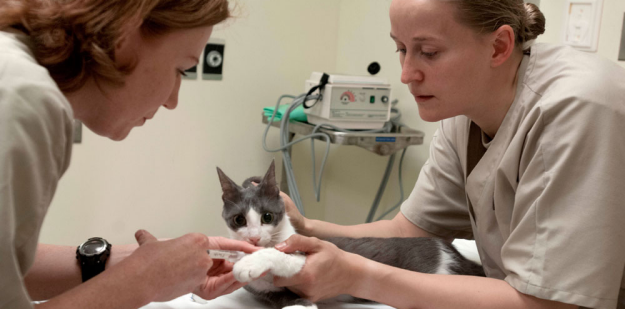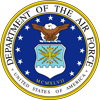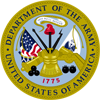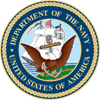 Prev - 64C Prev - 64C | Veterinary Corps Jobs | End of Category |
Veterinary Pathology - 64D

- Active/Reserve:Both
- Officer/Enlisted:Officer
- Restrictions:None
Veterinary pathology officers conduct diagnostic, surgical and necropsy assessments of working animals. Army veterinarian officers primarily focus on animal medicine, veterinary public health and research/development. Whether you're providing treatment to bomb-sniffing dogs or inoculating cattle on a humanitarian mission, you're making a positive impact on the lives of everyone who depends on animals.
Conducts diagnostic, surgical, and necropsy assessments of DOD working animalsConceives, designs, and performs innovative and creative scientific research as well as more classical research support, frequently performed in accordance with the guidelines of national and international regulatory agencies such as the Food and Drug Administration, National Toxicology Program, and the World Health Organization.Evaluates therapeutics and vaccines intended for human use in animal models in accordance with Good Laboratory Practices standards
Active Duty
Doctorate from an American Veterinary Medical Association – accredited veterinary school in the United States, District of Columbia, Puerto Rico or Canada (foreign graduates may apply if they possess a permanent certificate from the Education Commission for Foreign Veterinary Graduates)License to practice in the United StatesMust be between 21 and 42 years of ageMust be a U.S. citizenArmy ReserveIn addition to the above qualifications, permanent U.S. residency is required for Reserve duty officers.Must be between 21-42 years of age (may request a waiver, Locate A Recruiter for more information)
Job training for an Army Medical Department officer includes completing an Officer Basic Leadership Course, which introduces you to the Army Health Care system, Army doctrine and basic soldier/leader skills.Your training time depends on your chosen specialty and whether or not you have prior military experience. You must also meet height and weight standards, as well as pass the Army physical fitness test.
Ability to make accurate, immediate decisionsPhysically and mentally fit to perform under stressApply critical technical and thinking skillsTremendous concentration
The Armed Services Vocational Aptitude Battery (ASVAB) is an examination that is administered by the United States Military Entrance Processing Command. It is used to determine qualification and helps predict future academic and occupational success in the military.
No ASVAB
Active Duty
Diplomate BoardCertified Pay for veterinarians who have received a diploma in a specialty recognized by the American Veterinary Medical AssociationHealth Professions Loan Repayment Program for qualifying veterinary school loansMay receive pay for continuing education, including master's degrees and doctorate programsArmy Reserve
Health Professional Special PayHealth Care Professions Loan Repayment, which may be applied toward qualified veterinary school loansMay receive pay for continuing education, including master's degrees and doctorate programs
See the whole list of Army Occupational Specialties here
To learn more about the Army's rank structure, see our complete list of Army ranks.
To see a list of military medals and decorations that can be earned by servicemembers in the Army and other branches of the military, see our list of military decorations and medals.








































































































































